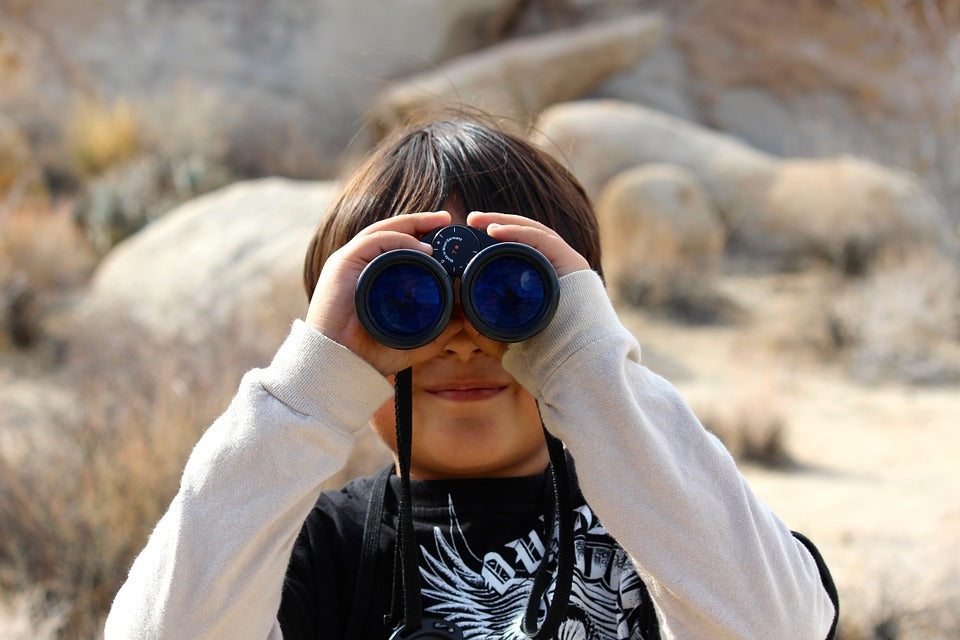Offer
Provide additional details about the offer you're running.
Provide additional details about the offer you're running.
Provide additional details about the offer you're running.

As active birders, we typically spend a fair amount of time out in the field honing our craft and enjoying all the beauty that spending time outdoors has to offer. As with many other facets in our lives, we can get comfortable in a routine, and forget to really pay attention to what and why we are doing something.
Every now and then we need to step back, and ensure the activities we are taking part in protecting the various species we come into contact with (not only birds!), and practice a solid foundation of birding ethics to help protect and preserve our birds and their natural environment. Here are a few tips to remember:
This one is a given for most, but every now and then when walking through your favorite trails, you can see clearly you were not the only one who had been there. While using shared trails and locations is not a problem, always be sure to never leave a trail of litter along your walk by preparing a proper bag or location like a pocket to make sure any debris or garbage makes it out with you.
Another tip is to not disturb the natural environment as much as possible. Rather than breaking branches and twigs to gain a better view at that warbler, simply maneuver your body quietly for a better vantage point.
Birding is a great outdoor activity and is growing to be one of the most popular activities in the world. Because of this, you may very well find yourself with company on a popular bird trail or public nesting site. As you would in most other situations in life, remain polite and courteous to those around you who too enjoy this wonderful activity. Share the view, keep conversation to a minimum when others are spotting birds and even lend a hand or factual opinion is possible.
Keep your distance, and respect the species you are observing. There are very few rare situations of which you should be in physical contact with a bird, and then and only then should you pick up, disrupt or move a bird. There are a variety of state-of-the-art binoculars and spotting scopes on the market (and in-store) that can help you get an up close and personal with our feathered friends. Getting too close to birds can cause them undue stress, and in some cases will force them out of their location and perhaps into one that does not provide the same level of safety for them.
High Quality Blend